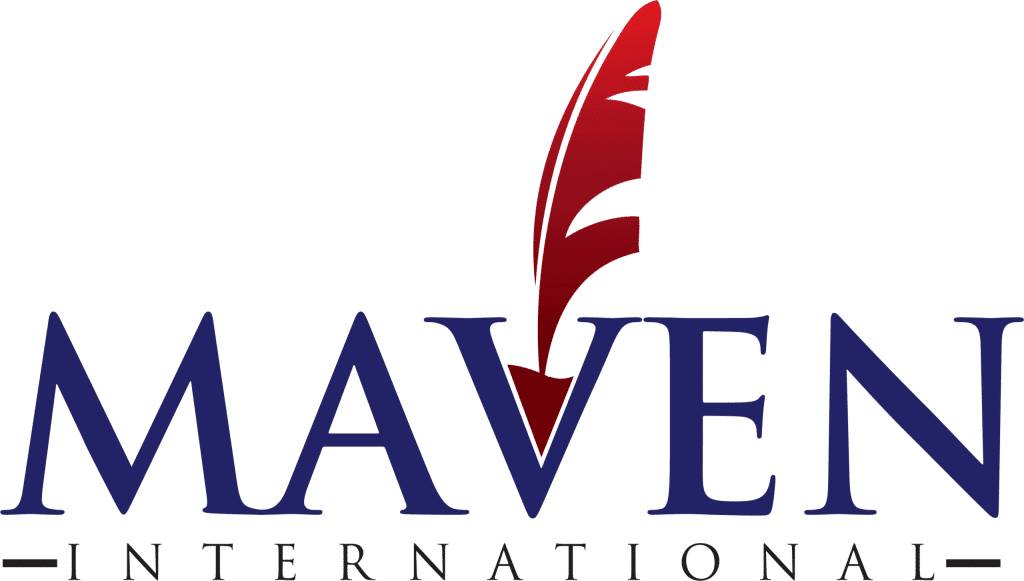Since planning for conference interpretation at major events comes with several challenges and complications from various angles, this post helps you proactively deal with some of those potentially devastating issues by laying out some of the most common misconceptions we’ve witnessed in the field of conference interpretation. The following is a list of such questions, most of which have been gathered through our dealings with clients who are not accustomed to managing such projects.
One interpreter is enough for conference interpretation
It often takes some time to convince our clients that, as per industry standards, there must be two interpreters per language in a conference. Moreover, if the event runs for more than 8 hours (or even 6 hours as per AIIC standards), each “booth” must be supplemented with an additional interpreter (total of three). For example, if you require interpretation for 10 hours into Spanish and French you might need to have 3 interpreters per language.
Yes, there are cases where one interpreter can perform “solo” for more than one hour, but this is only an exception to the rule, and in fact strongly inadvisable due to the intensity of interpretation work which can adversely affect interpreters’ health.
To understand the reason why there must be two interpreters per language, one should remember that simultaneous interpretation is the only format in the interpretation industry that does not have breaks or pauses, since the content must be fully covered concurrently with the presentation. This is a very intense and highly exhausting process; not only do interpreters have to speak for the entire duration when it’s their turn (normally 20-40 minutes per interpreter depending on the speaker’s pace and difficulty of the subject matter), but to perform interpretation requires a number of cognitive functions – hence the fact that this mentally and physically exhausting process and can only be performed in intervals.
Any interpreter can perform conference interpretation
This is grossly wrong and can prove devastating to any conference. The number of experienced conference interpreters is very limited. It’s quite common to only have 2-5 experienced conference interpreters per language in any given country. The number of conference interpreters in major languages is very high in locations such as Washington, Paris or Zurich as there are numerous events that take place in those locations. There could easily be NONE in a particular location for a particular language. It takes a lot more than just being fluent in two languages, or even having experience in other forms of interpretation. Conference (simultaneous) interpreting is the highest and most challenging form of interpretation. The minimum bar of necessary skill can only be acquired by working through real events, and it often requires years of practice before mastering this trade. Having a diploma or training in the field is good to have, but experience is the only factor that is absolutely uncompromisable for conference interpreters. Having the wrong interpreter (inexperienced in the field or inexperienced all together) can be far more costly than you might think, since their very likely poor performance might prove detrimental to the event and – even worse – your reputation.
Maven International only works with trusted, experienced interpreters – most of whom we (or trusted business affiliates) have had long-standing relationships with – thus having a track record guaranteeing their competence. Having been in the industry for over a decade means that we have a large database of qualified conference interpreters in Malaysia and beyond. Depending on the complexity of your event and subject matter, our team gives priority to certain candidates who have worked on similar events in the past.
Sometimes, we are faced with a situation where we need to work with new interpreters. Here, we deploy a tested three-tier screening process by which we identify, shortlist, and pinpoint competent candidates who have optimal professional experience in the required domain(s) for a particular event. This approach is part of what helped us achieve a long-lasting fail-free track record.
I will confirm the service 1 day before the event
Due to the probably limited number of qualified conference interpreters in any given location, coupled with the increasingly high demand for their services, it is always expected that interpreters would have already-confirmed jobs in their schedules within an 8-week period subsequent to any given time in which they are contacted. Those who are experienced in procuring conference interpreters know this fact very well, so they always confirm the interpreter’s services at least one month ahead of their event. If you delay the booking to the last moment or would like to book interpreters at a very short notice, it may not be possible for on-site (nonvirtual) events where interpreters are required to be based in a specific location (to avoid travel and accommodation costs). It’s very possible to secure interpreters at short notice for virtual events, however, as the pool of candidates would obviously be much wider.
Keep in mind that in order to secure interpreters, a 100% non-refundable advance payment is required, because in the case where a confirmed event is cancelled, cancellation fees are payable to the interpreters.
My event only runs for one hour, why am I quoted at a half-day charge?
Every conference interpreter has his or her own rates and conditions, but all of them have a minimum commitment rate. This could range from a minimum 3 hours, a half-day rate, or even a full day rate. Of course, these minimum charges apply irrespective of the actual duration of the event. In order to secure a qualified interpreter (confirm the booking of their services so they can clear their schedule and turn down other potential offers for the same dates), their minimum commitment rate must be met. This is why even if the event is as short as 1 hour, or even less, professional interpreters would still go by their minimum rate. Working on your event may mean that they had to cancel other potentially longer projects.
Other considerations:
If you plan to have conference interpretation at your event, you might want to consider the following in order to make the most out of it:
The speakers at your event (moderators, panelists etc) need to be reminded not to speak fast, and make pauses from time to time. This is important so that the interpreters can follow the content and keep up with the speaker.
Sufficient preparation material (agenda, program, speeches or even background information on the event and the subject matter) are highly advisable to be sent to the interpreters beforehand (ideally at least 1 week ahead of the event) so the interpreters can brush up on the appropriate glossary, and familiarize themselves with the subject matter and key information.
If you want to record the interpretation, this must be agreed in advance with the interpreters as there could be licensing fees involved.
If your event involves audio and video presentations, and if you’d like such section interpreted, the audio feed should be directed to the interpreters’ microphones as well
The interpreters should have visual access to the stage (where the presenters are) and the screen that is visible to the delegates.
At Maven International, we try our best to protect the interests of our conference interpreters and provide them with the most comfortable working environment which at the very least meets the minimum health and financial requirements.
Maven International is a trusted simultaneous interpretation provider, having completed projects for clients such as the UN, INTERPOL, Amnesty International, and FIFA over the years. Contact us for further information today!



